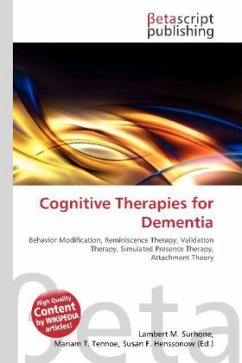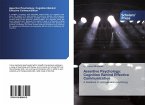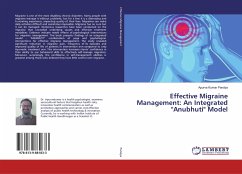This treatment guide is based on selected disorders taken from the American Psychiatric Association DSM-IV Diagnostic Classifications. The disorders selected are treatable or responsive to brief therapy methods.The therapist or student in training can use this book to identify the elements needed for formulating a treatment plan on disorders typically encountered in clinical practice. The approaches taken are based on cognitive behavioral principles and makes use of empirical findings. However, the case study format allows the reader to see how the assessment and treatment is implemented in a "real-life" patient, and not as a clinical abstraction distilled from research studies. Moreover, the treatment plan is outlined in a manner that makes reimbursement likely from managed care organizations and insurance companies. Effective Brief Therapies is useful as a reference for therapists and as a training guide for graduate students.
"...a good overview to treatment issues for many specific and common DSM-IV diagnoses... Overall, this book seems well suited to the beginning practitioner or graduate student who wishes to have a lot of basic information about empirically supported treatments for a variety of diagnoses in a single sourcebook. Its references and overviews would likely prove useful as well to more experienced therapists who are attempting to revive old knowledge or gain a quick introduction to an area with which they are unfamiliar." --PSYCHOLOGICAL REPORTS (Volume 89, Number 209-210, 2001)
"The book provides basic descriptions of brief therapeutic techniques for major Axis I and Axis II disorders, as well as special issues that frequently arise in psychotherapy (marital dysfuntion, issues of diversity). Enhancing readability, ech chapter is arranged into the same compontents, including a case descrIption, appropriate assessments for the target problem, a description of the treatment, and suggestions for dealing with managed care and accountability... the use of case examples throughout maintains the reader's interest." --CONTEMPORARY PSYCHOLOGY
"The book provides basic descriptions of brief therapeutic techniques for major Axis I and Axis II disorders, as well as special issues that frequently arise in psychotherapy (marital dysfuntion, issues of diversity). Enhancing readability, ech chapter is arranged into the same compontents, including a case descrIption, appropriate assessments for the target problem, a description of the treatment, and suggestions for dealing with managed care and accountability... the use of case examples throughout maintains the reader's interest." --CONTEMPORARY PSYCHOLOGY








